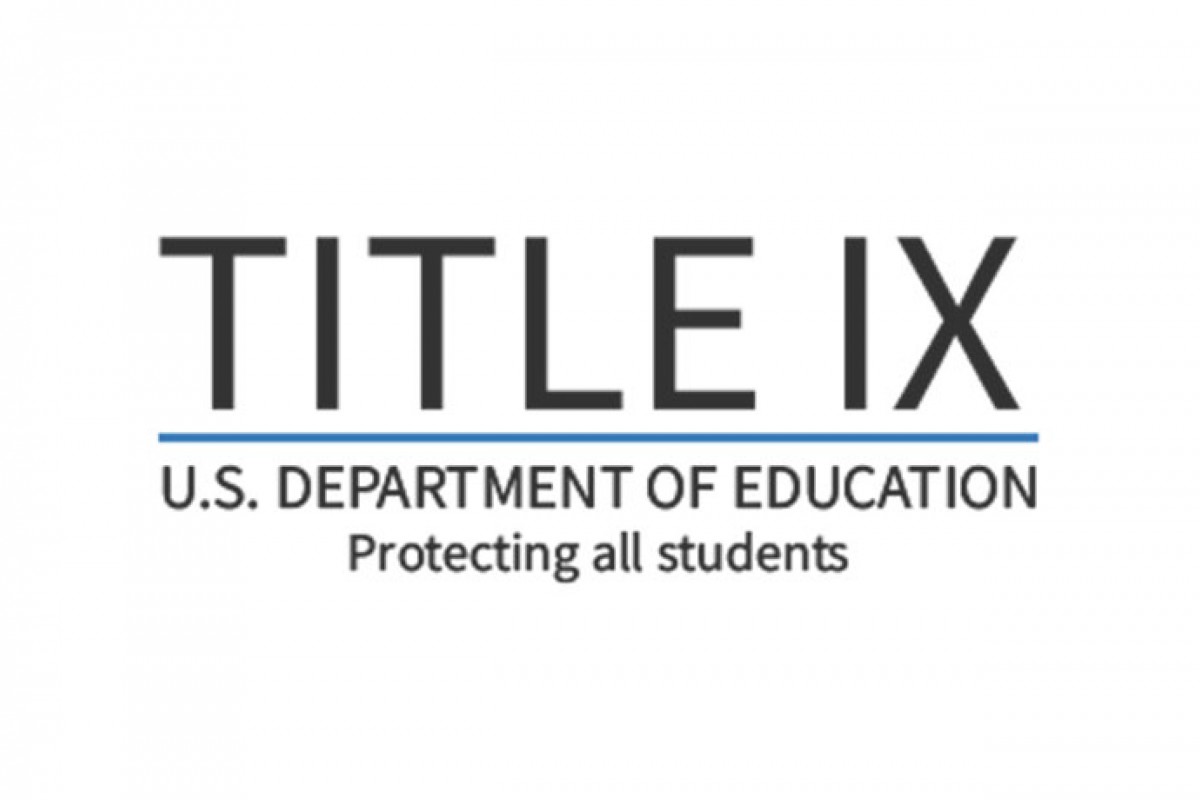New Deputy Title IX Coordinator supports University’s compliance
Amy Zieziula began her duties in January

In response to the growing demand for interpersonal violence resources and services, Binghamton University has hired Amy Zieziula to serve as the deputy Title IX coordinator. This newly created position advances the 11-point action plan outlined by President Harvey Stenger in July 2020 to address sexual assault policies at Binghamton.
Zieziula has spent her professional career working with college students, most recently serving as the director of housing and residence life at SUNY Broome Community College. She also has experience working in student conduct and teaching.
At Binghamton, Zieziula supports the Title IX office in creating reports, overseeing efforts to coordinate interim accommodations and support services, assisting in investigations, and working with local agencies and campus representatives for outreach and engagement.
“I’ve met with many people in my first month at Binghamton, both on campus and in the community, as the first step in building relationships and trust,” she said.
Outreach and engagement are major areas of focus and Zieziula hopes to connect with students who aren’t aware of what the Title IX office does or what resources are available.
“This work is never done — there is always something we can improve, solve or support,” Zieziula said. “We have a commitment to create a learning environment that’s free from sexual harassment, sexual violence and discrimination.”
Zieziula’s parents immigrated to Canada from Europe at a young age, and later to the United States. “Because of my parents’ experiences growing up — such as being made fun of for not speaking the language properly, or struggling in school for not understanding the class material — they raised me with a strong foundation on the importance of doing the right thing, standing up for others,” she said, “and also on the importance of education and for everyone to have the opportunity to have an education.
“As I studied higher education and worked during the implementation of the Dear Colleague Letter from the Obama Administration in 2011 [that urged institutions to better investigate and adjudicate cases of campus sexual assault], I saw firsthand how incidents of sexual violence can derail a student’s entire college education. Those of us who work in higher education have a responsibility to prevent this from happening,” Zieziula said.
“The years I have worked implementing the new guidance from the Obama Administration in higher education have been extremely impactful for me,” she added. “We had the responsibility to implement policies and procedures for Title IX complaints that had not been introduced before. This work has been powerful for me, and solidified my desire to want to continue to work within Title IX.”
Since joining the staff at Binghamton, Zieziula has been in discussions about the new Violence, Abuse and Rape Crisis Center (VARCC) that will open soon.
“I’m excited and honored to be a part of these discussions as we work to implement this new center and develop a safe space for victims to heal,” said Zieziula.
In addition to the implementation of the VARCC, the University has long partnered with the Crime Victims Assistance Center, Inc. (CVAC) in Binghamton, which will now provide on-campus support with 24-hour accessibility over Zoom and by a hotline. “We currently have a sexual assault advocate on campus; however, students sometimes prefer off-campus resources. We are working with the CVAC to create options for students, and greater access and availability of services,” she said.
“I’ve worked closely with CVAC during my previous position at SUNY Broome, and I look forward to deepening that relationship here at Binghamton,” said Zieziula. “CVAC’s commitment to providing additional on-campus support is a huge step in ensuring that victims get the services they need to heal.”
The VARCC will provide expanded resources for victims through a central, private location in Old Johnson and will focus on responsiveness, support and healing, Zieziula said. “It will serve as a one-stop location for students to receive services from multiple offices. We anticipate that staff members from the Dean of Students CARE Team, Health Promotion and Prevention Services and Residence Life will hold office hours there, as well as CVAC.
“I believe that all of us — students, faculty and staff — have the responsibility to say something if we see something. If a friend is too intoxicated, then other friends need to help their friend get home safely. If a faculty or staff member sees a sudden change in a student’s behavior, then they should check in with the student. It’s important to make sure the student feels supported and safe.”
While there are many examples of how we can prevent sexual and interpersonal violence, Zieziula believes much of it begins by simply being aware of our surroundings.
“It’s important for us to be aware of what is going on around us, and then to use our voices if we see something that doesn’t seem right,” advises Zieziula.
Anyone who experiences, observes or hears about an incident of sexual harassment or sexual violence, on campus or off, should report it to the Title IX Office. If you are unsure, contact the Title IX Office, or utilize the sexual assault anonymous report form available online.
